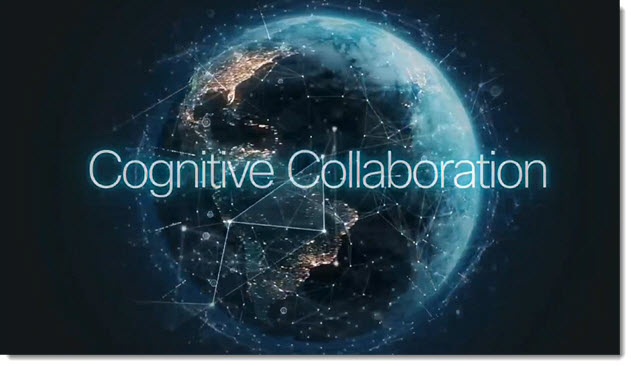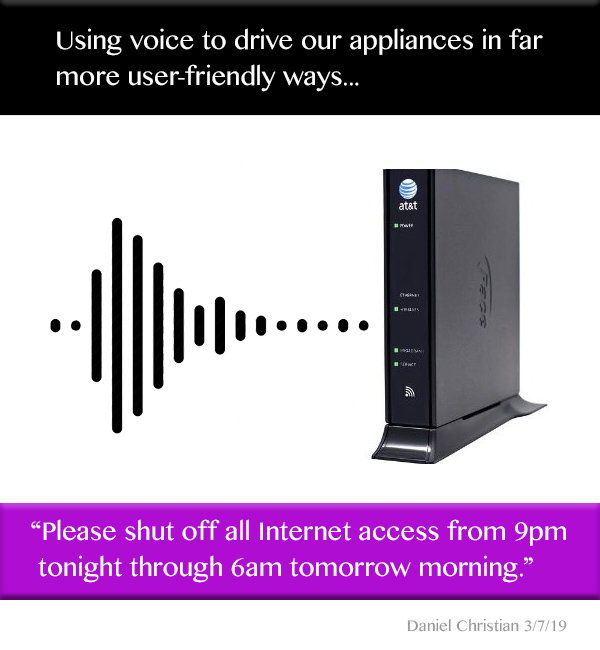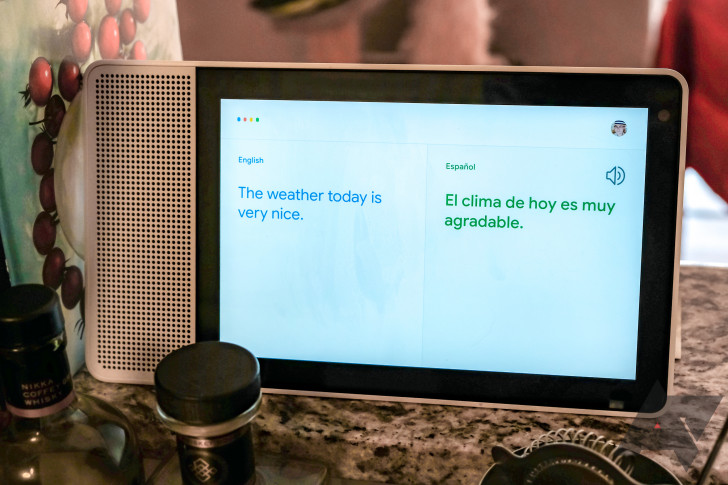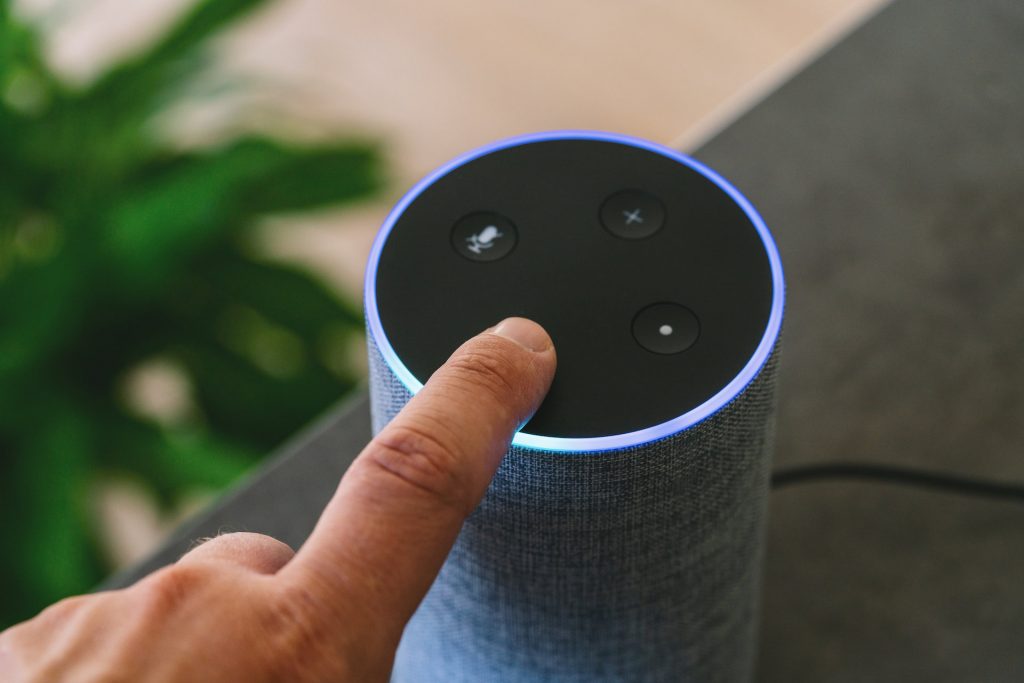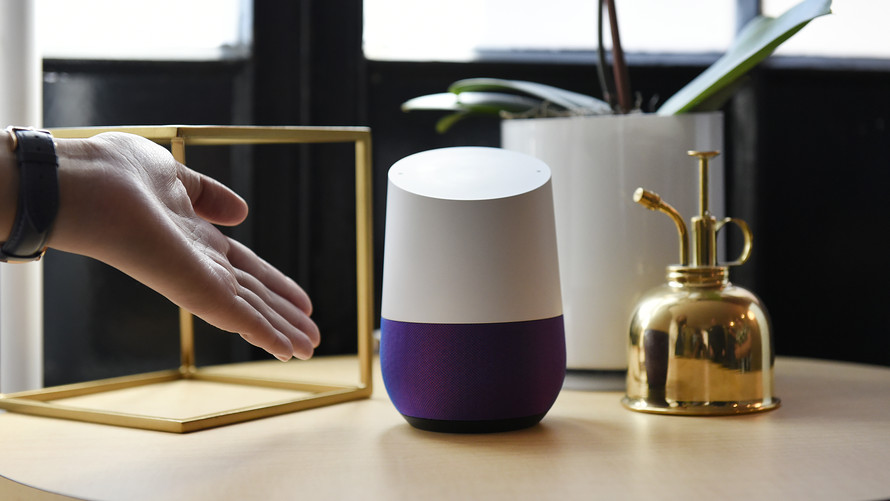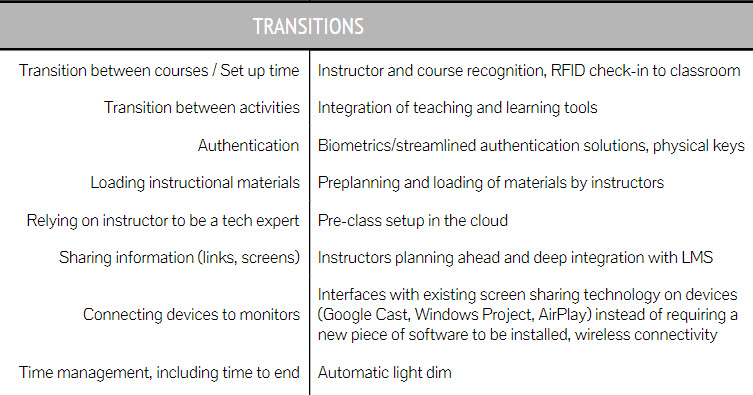
Global installed base of smart speakers to surpass 200 million in 2020, says GlobalData
The global installed base for smart speakers will hit 100 million early next year, before surpassing the 200 million mark at some point in 2020, according to GlobalData, a leading data and analytics company.
The company’s latest report: ‘Smart Speakers – Thematic Research’ states that nearly every leading technology company is either already producing a smart speaker or developing one, with Facebook the latest to enter the fray (launching its Portal device this month). The appetite for smart speakers is also not limited by geography, with China in particular emerging as a major marketplace.
Ed Thomas, Principal Analyst for Technology Thematic Research at GlobalData, comments: “It is only four years since Amazon unveiled the Echo, the first wireless speaker to incorporate a voice-activated virtual assistant. Initial reactions were muted but the device, and the Alexa virtual assistant it contained, quickly became a phenomenon, with the level of demand catching even Amazon by surprise.”
Smart speakers give companies like Amazon, Google, Apple, and Alibaba access to a vast amount of highly valuable user data. They also allow users to get comfortable interacting with artificial intelligence (AI) tools in general, and virtual assistants in particular, increasing the likelihood that they will use them in other situations, and they lock customers into a broader ecosystem, making it more likely that they will buy complementary products or access other services, such as online stores.
Thomas continues: “Smart speakers, particularly lower-priced models, are gateway devices, in that they give consumers the opportunity to interact with a virtual assistant like Amazon’s Alexa or Google’s Assistant, in a “safe” environment. For tech companies serious about competing in the virtual assistant sector, a smart speaker is becoming a necessity, hence the recent entry of Apple and Facebook into the market and the expected arrival of Samsung and Microsoft over the next year or so.”
In terms of the competitive landscape for smart speakers, Amazon was the pioneer and is still a dominant force, although its first-mover advantage has been eroded over the last year or so. Its closest challenger is Google, but neither company is present in the fastest-growing geographic market, China. Alibaba is the leading player there, with Xiaomi also performing well.
Thomas concludes: “With big names like Samsung and Microsoft expected to launch smart speakers in the next year or so, the competitive landscape will continue to fluctuate. It is likely that we will see two distinct markets emerge: the cheap, impulse-buy end of the spectrum, used by vendors to boost their ecosystems; and the more expensive, luxury end, where greater focus is placed on sound quality and aesthetics. This is the area of the market at which Apple has aimed the HomePod and early indications are that this is where Samsung’s Galaxy Home will also look to make an impact.”
Information based on GlobalData’s report: Smart Speakers – Thematic Research










